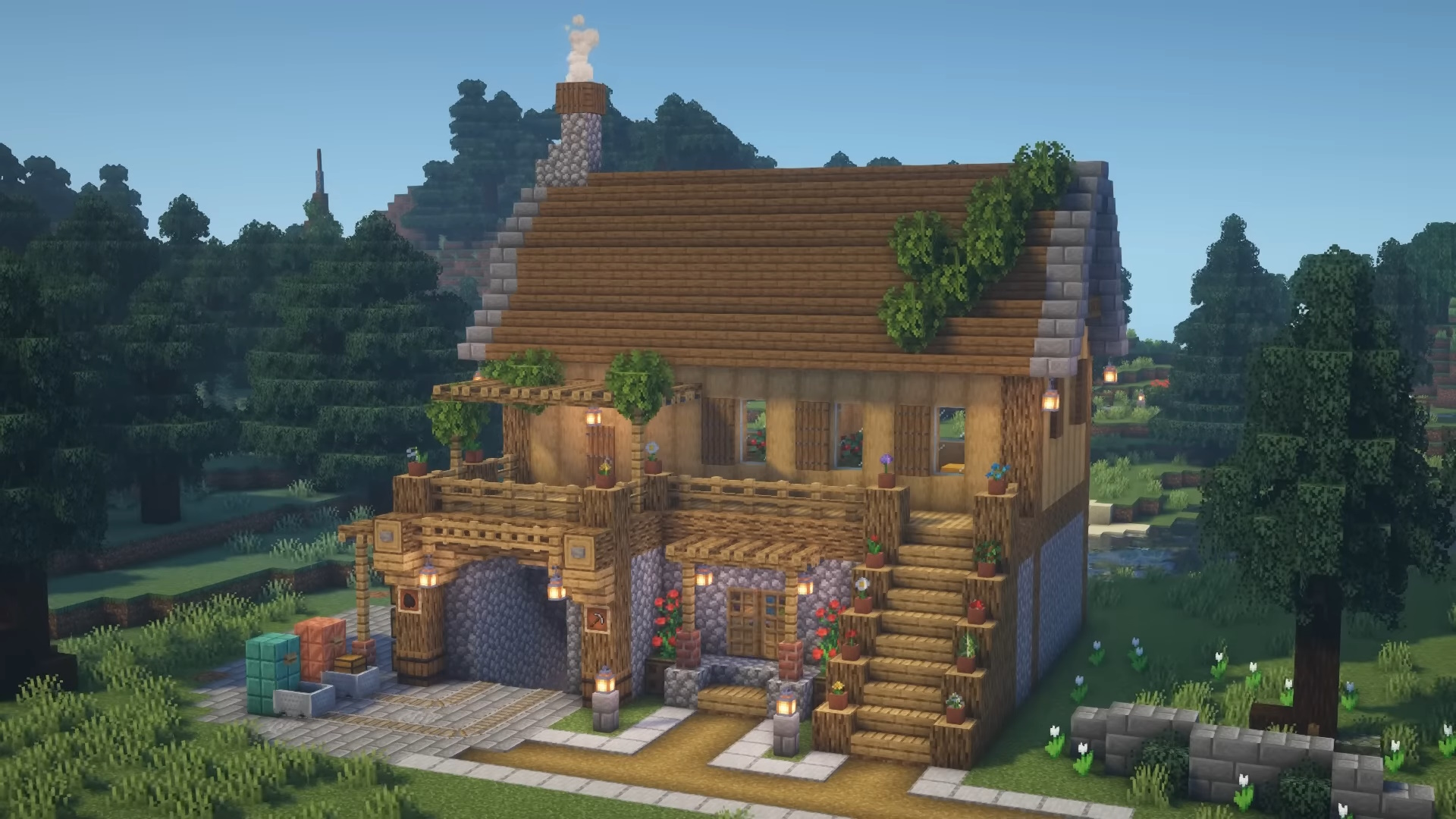Ever get that feeling, that little nudge that says, “Maybe it’s time for a change houses for sale near me?” Perhaps the walls are starting to feel a bit too familiar, or maybe the sound of the neighbor’s lawnmower at 7 AM has finally pushed you over the edge. Whatever the reason, the thought of looking at houses for sale near you starts to take root. It’s an exciting prospect, the idea of finding a new place to call home, right in your own backyard. But where do you even begin?
Starting Your Search: Tapping into Local Knowledge
The beauty of looking for houses for sale near you is that you likely already have a bit of insider knowledge. Think about the neighborhoods you like, the ones you find yourself drawn to. Maybe it’s the area with the tree-lined streets and the cute little coffee shop on the corner. Or perhaps it’s the neighborhood with the great schools and the park where everyone seems to gather on weekends. Start by making a mental list of these areas. Drive around during different times of day. Get a feel for the vibe. Talk to people who already live there. Local knowledge can be your secret weapon in this search.
Online Hunting Grounds: Utilizing Digital Tools Wisely
Of course, in today’s world, the internet is an indispensable tool. Real estate websites and apps can give you a broad overview of what’s available in your desired areas. You can filter by price range, number of bedrooms and bathrooms, and other criteria. Spend some time exploring these online listings, but don’t rely on them exclusively. Pictures can be deceiving, and sometimes the best finds never even make it to the major online portals before getting snapped up by someone in the know.
The Power of Local Agents: Your Boots on the Ground
This is where a good local real estate agent can be worth their weight in gold. They have their finger on the pulse of the market in your specific area. They often know about listings before they become widely public, and they can provide invaluable insights into the nuances of different neighborhoods. Look for an agent who is experienced in your target areas, someone who knows the local schools, the traffic patterns, and even the best pizza joints. They can be your advocate, helping you navigate the complexities of the buying process and find that hidden gem you might have missed on your own.
Beyond the Basics: Thinking About Your Needs and Wants
As you start looking at houses, it’s crucial to have a clear idea of your needs versus your wants. How many bedrooms and bathrooms do you absolutely require? What’s your must-have list in terms of location and amenities? Then, consider your “nice-to-haves” – that extra office space, the big backyard, the updated kitchen. Being clear about your priorities will help you narrow down your search and avoid getting distracted by properties that don’t truly fit your lifestyle.
Exploring Different Neighborhood Vibes: Finding Your Tribe
Every neighborhood has its own unique character. Some are known for their lively social scenes and bustling main streets. Others offer a quieter, more family-oriented atmosphere. Think about what kind of environment you’re looking for. Do you want to be able to walk to restaurants and shops? Or do you prefer the peace and quiet of a more suburban setting? Consider your lifestyle and what kind of community would make you feel most at home.
Getting a Closer Look: The Importance of Viewings
Once you’ve identified some promising properties, it’s time to see them in person. Schedule viewings with your agent and take your time exploring each house. Don’t just focus on the aesthetics; pay attention to the practical aspects. Check the flow of the layout, the condition of the floors and walls, and the amount of natural light. Ask questions about the age of the roof, the HVAC system, and any recent renovations. This is your chance to really get a feel for the space and envision yourself living there.
The Local Market Landscape: Understanding the Competition
The housing market can vary significantly from one area to another. In some neighborhoods, houses might fly off the market within days, while in others, they might linger for a longer period. Understanding the local market conditions is crucial. Your real estate agent can provide valuable insights into current trends, average sale prices, and the level of competition you might face. This knowledge will help you be prepared when it comes time to make an offer.
Envisioning Your Future: Making the Right Choice
Ultimately, finding the right houses for sale near me is about more than just finding a building. It’s about finding a place where you can build a life, create memories, and feel truly at


:quality(80))




